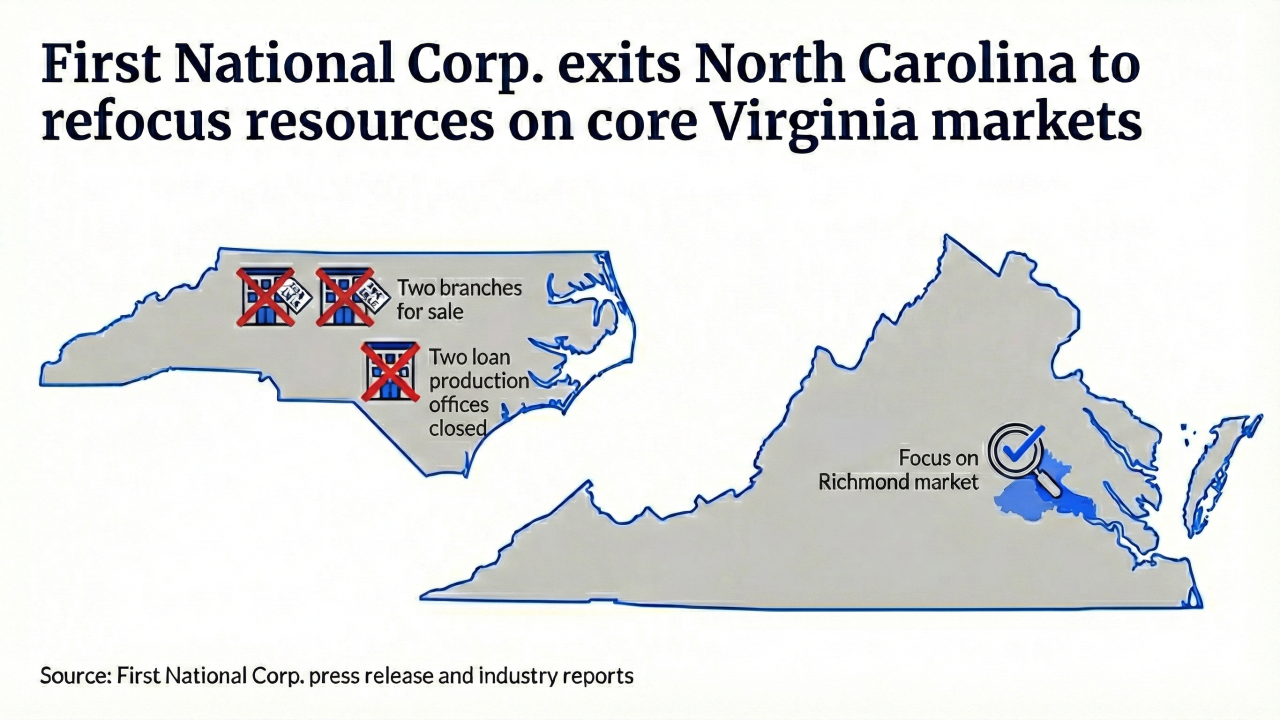Consumer privacy is a top priority for the Federal Trade Commission, which is launching a study that will focus on how personal data is collected, sold, and used.
Processing Content
The agency will target companies such as Lexis-Nexis that provide information to various kinds of customers-such as collection agencies, attorneys, banks, and law enforcers seeking to locate individuals.
"There is no legal restriction denying access to this information," said FTC attorney David Medine, "but we will determine what the benefits are and the risks of using these services."
If the agency finds that such providers are not protecting consumers' rights to privacy, access to the data could be limited.
The study is the result of a letter sent to the agency last year by three congressmen who were concerned that consumer privacy rights are being violated by companies that operate computer data bases.
A widely publicized incident last year involving a data base called P- Trak offered by Lexis-Nexis sparked a public outcry about privacy rights.
The congressmen asked the FTC to investigate companies that compile data, including "identifiable personal information of private citizens without their knowledge."
The results of another privacy study, also requested by Congress but conducted by the Federal Reserve in conjunction with the FTC, are due at the end of this month.
The Federal Reserve focused primarily on banks and fraud issues, said Mr. Medine.
The FTC study will include credit bureaus because they are a source of information for the data bases. But it will not look at data bases used for direct marketing, or those limited to medical and student records. It will also ignore employers' use of credit-report data bases to check out potential employees.
"The FTC is dealing with a small piece of the privacy package," said Alan F. Westin, publisher of Privacy & American Business, a newsletter. "It is a good first step, but a small piece of how public records should be used."
The agency will look at data bases that contain sensitive information like Social Security numbers, current and previous addresses, and dates of birth. People who use these data bases can obtain a personal profile-often without the subject's knowledge-by just typing in information such as a name and address, according to the FTC.
A lawyer who specializes in privacy issues said the FTC study "is much more of a threat to business than the Federal Reserve study, which is expected to be sensitive to industry." The companies the FTC is focusing on expect it to propose legislation, the lawyer said.





